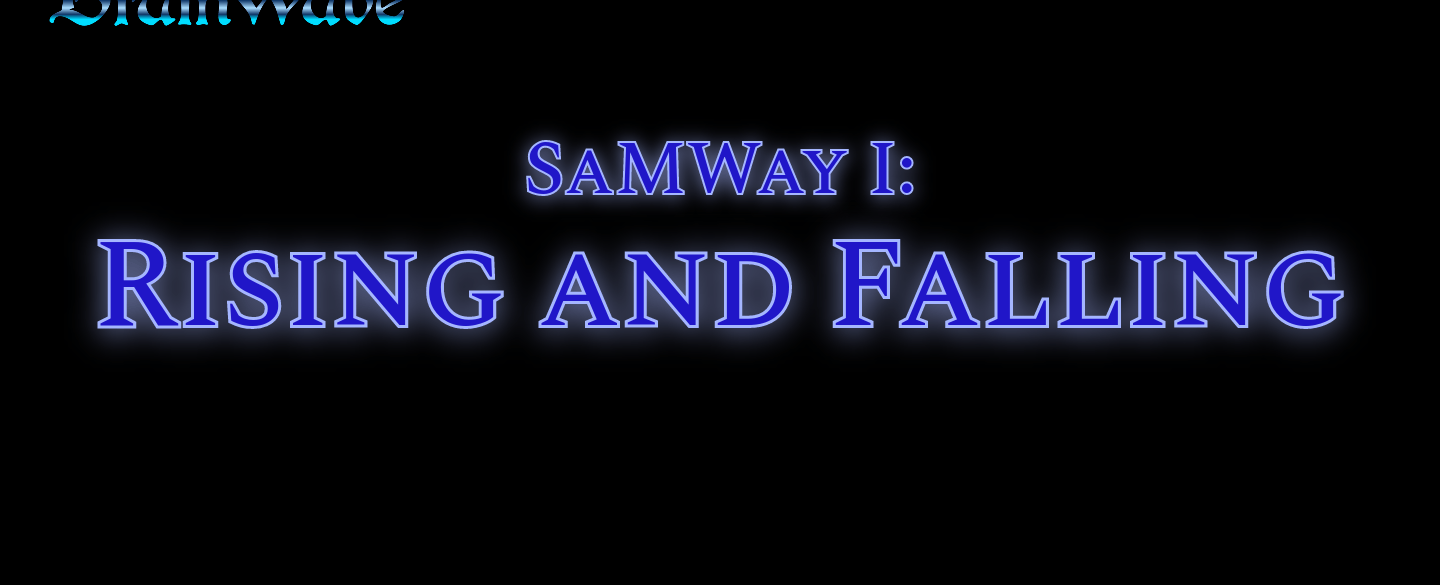I recently watched a new movie entitled “Lifemark”, which tells the story of David, an eighteen-year-old adoptee, and his journey to reunite with his biological parents. His parents chose to place him up for adoption after conceiving him out of wedlock. David spent much of his life not mentioning the fact that he was adopted, and he had several reasons to be reluctant about reuniting with his biological family. Foremost among these was the fact that his adoptive family was the one he had known for all of his life.
My story, however, is slightly different. My twin brother and I were born to a married couple who had neither the means nor the real desire to give us good lives or promising futures. Therefore, I was adopted by my biological grandmother, on my mother’s side, and her husband, who was no relation. Thus, I was saved from becoming a ward of the state—or worse.
I was born on the autism spectrum, specifically with Asperger’s, but also with many other characteristics of autism. I was extremely socially awkward and had a very bad temper. I was sheltered from the effects of social awkwardness due to being homeschooled through fifth grade, but the other components of autism helped to make me an unteachable pupil. Therefore, after several years of hassle, my parents did the last thing that they had ever dreamed of doing.
The first day of sixth grade found me in a public school classroom, discovering just how much of a social misfit I was. I could not fit into a group of normal kids. Instead, they teased me, excluded me, and in some cases bullied me outright.
In the midst of this, my grades began to climb, but by the time I reached seventh grade, I had grown tired of being different. I decided instead to become more like the others—cruel, vulgar, and disrespectful—and this seemed to work. Kids would talk to me, invite me into their groups, and ask me to join their lunch tables. But my grades began to drop, and I got into trouble at school and at home. My attitude also grew exponentially worse. I almost lost the one person who, in hindsight, was probably my best friend. But at about the time that I began to decline beyond hope, a new friend reached down into the quagmire and endeavored to pull me out.
When I look back upon my middle school years, I remember sixth grade as a fog. Seventh grade looks like a dark and dusty room, but eighth grade shines like a bright and hopeful morning. I owe this shift to the effort of my new friend, who saw a better version of me and rescued me from my declining state. With his help, I became newly resolved to press on and rise above the culture in which I had lingered for nearly a year.
During eighth grade, my grades rose faster than ever. I became involved with school activities and even took on some leadership. Additionally, I began to develop a new social circle—not of friends my age, but of sixth and seventh graders with whom I was working on various projects, and who had come to look up to me as a leader and, to some extent, as a role model.
The last memorable event of eighth grade was a visit paid to me after school by a Cadet Captain who, as he told me later, had heard of my achievements and came to my school with the express purpose of recruiting me into the high school’s JROTC program.
With all of this behind me, I thrived in ninth grade, both academically and in JROTC. Not only that, but I enjoyed school with new vigor, and I began to fit in with students my own age who had combined with our class from another school.
But just as I began to launch my high school career, the staircase to success crumbled at a single blow, leaving me and so many others trapped amid the rubble of the COVID-19 pandemic.
I spent my tenth-grade year in homeschool again, isolated from the world I was beginning to fit into. The following summer, when I worked as a radio intern, I could not overcome the feeling of isolation. Instead, I simply drowned it out amid another opportunity to over-perform. But then, a series of miracles was launched into motion with the emergence of Bryan College.
My mom had been seeking a solution to the newly-discovered hardship of teaching me high school English. Bryan College’s Dual Enrollment program provided this solution. I was able to spend time on campus as I took College Writing in place of tenth-grade English. Here, I began to discover a warm and welcoming community that would become the first family aside from my own that I had truly been a part of. It was here that I finally began to overcome my social awkwardness and become a typical person. I made friends, my grades were competitively high, and I became—quite accidentally— famous. And as if this weren’t enough, God continued His series of miracles, providing me with the ability to attend Bryan as a full-time student.
How do I feel about being adopted? To me, it seems no different, because I have never experienced the state of not being adopted. Is it the same, or does it feel different? I shall probably never know. What I do know for certain is that without adoption, everything would have been at least a little different, and I can’t think of any other life I would like more than the one I see at Bryan College.

